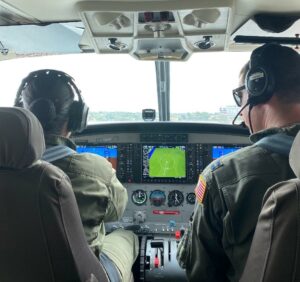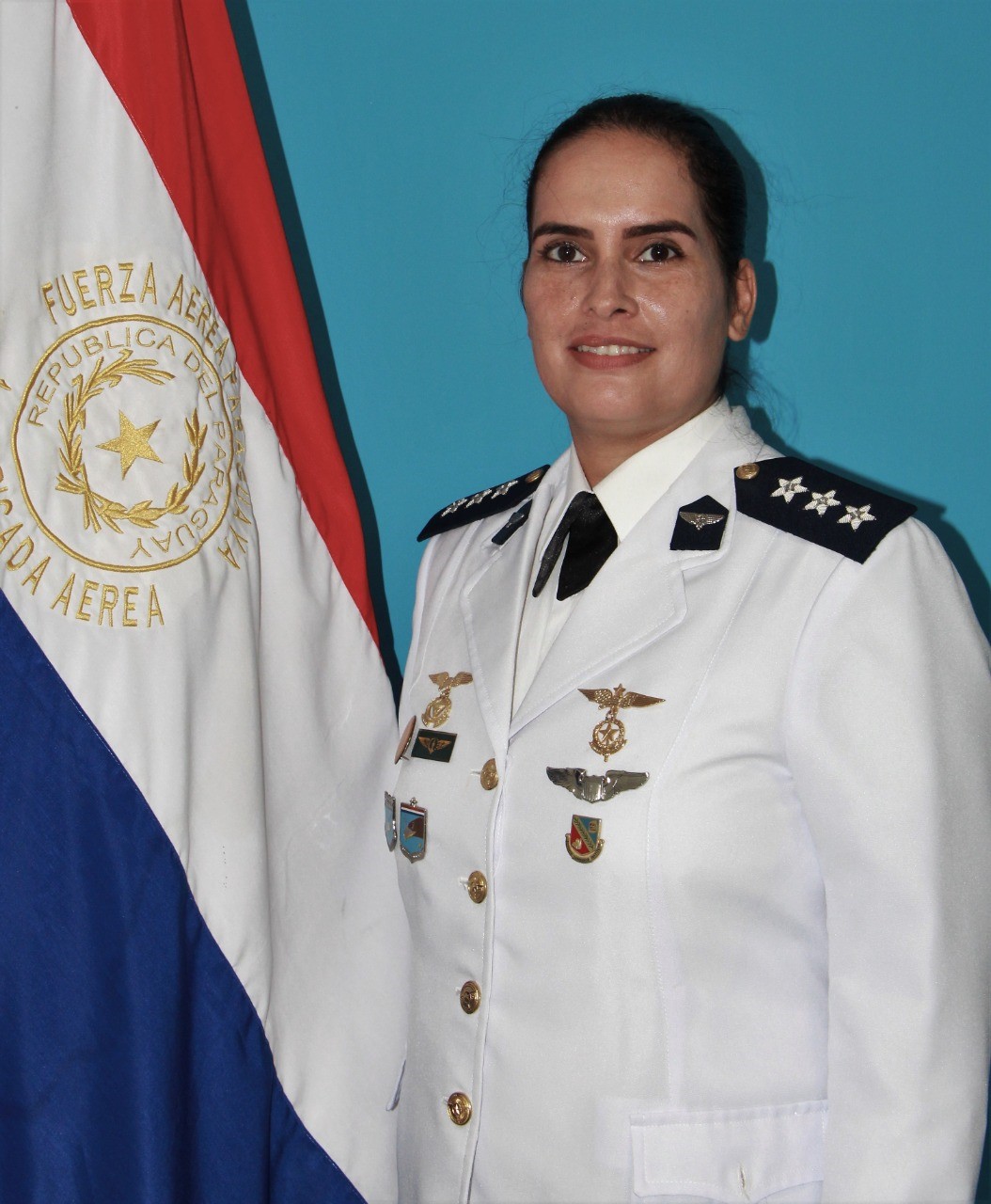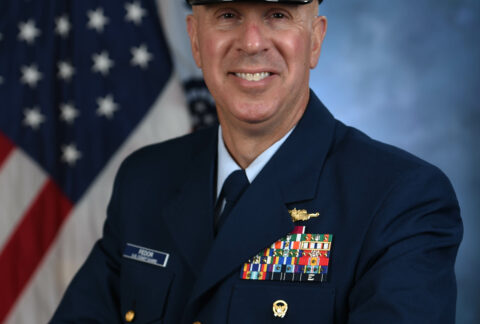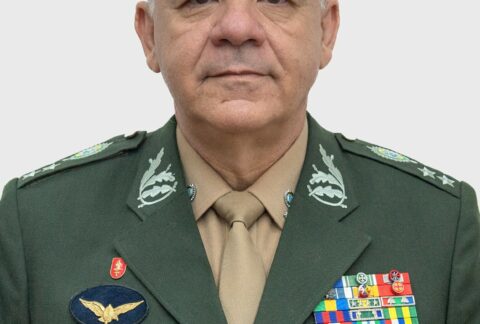Captain María Belén Jara Lovera is the first woman in the Paraguayan Air Force (FAP) to complete the military air pilot training at Columbus Air Force Base, Mississippi, under the U.S. Air Force (USAF) Aviation Leadership Program (ALP).
Her training began in May 2011, when she traveled to the United States to take an English course at the Defense Language Institute (DLI) in San Antonio, Texas, and move the following year to Columbus to start the ALP. In 2013, Capt. Jara returned to Paraguay with her pilot certificate.
Capt. Jara spoke with Diálogo about her international experience.
Diálogo: You are the first woman in the Paraguayan Air Force to complete the ALP. What was that experience like?
Paraguayan Air Force Captain María Belén Jara Lovera: When I got the news that I was going to travel to the United States to take the ALP course, I was overcome with immense joy, which turned into great concern when I learned that I was the first woman from my country to be nominated to take the course. From that moment on, my life made a 180-degree turn, since I was aware of the responsibility that this nomination implied. However, I couldn’t disappoint my superiors and the confidence they had in me, and I turned this opportunity into a personal and professional challenge, and today I am a military air pilot.
Diálogo: What can you highlight about the ALP for foreign students?
Capt. Jara: The program is important because it facilitates the personal and professional development of the individual. It leaves nothing to chance; it’s a meticulously designed program that provides the necessary tools to be a good pilot.

Diálogo: You participated in the DLI English course; what is the added value of this training?
Capt. Jara: The English course provided an important addition to my military career, because it made it easier for me to perform in classes, both in theory and in practice, both on the ground and in the air. In addition, most of the technical manuals for aircraft and air communications are in English. Thanks to the DLI, I’ve been able to access courses held abroad that are taught in English.
Diálogo: What are the benefits of the interaction between instructors and students from partner nations?
Capt. Jara: Interacting with instructors and students from other nations has allowed me to get to know people with cultures and customs different from my own, and I shared the customs of my country with them. I can say that I have built friendships with those with whom I still am in contact with.
Diálogo: What is your responsibility as head of programming and projects for the Special Air Transport Group (GATE)?
Capt. Jara: As head of projects, I’m responsible for initiating and promoting all the projects that are of interest to the GATE, a job that I carry out under the direction and supervision of the GATE commander and the higher echelon, and in coordination with the Technical Secretariat for Planning, which reports to the Executive Branch.
Diálogo: How was the experience of flying the Cessna Grand Caravan (C-208) with the 571st Mobility Support Advisory Squadron, part of the Adaptive Security Force Assistance Aviation (ASAv) training you conducted in September 2022?
Capt. Jara: Sharing the cockpit with USAF colleagues was undoubtedly a unique and unforgettable experience. It was the first time that USAF components flew as crew members in the FAP’s military aircraft. It allowed pilots from both air forces to transfer knowledge and doctrinal experiences for each of them.
This exchange represents a very important added value for the GATE pilots, because thanks to it, it will be possible to make, if necessary, some adjustments in the operations carried out by the C-208 aircraft within the GATE. Personally, it helped me to remember the methodology the USAF uses in air operations.
Diálogo: In this exchange with the squadron you carried out experience-sharing missions to create flight operations capabilities. What lessons can you share?
Capt. Jara: Personally, it’s a great honor, and professionally, it’s a great responsibility, because the new knowledge acquired during it forces me to continue raising the bar within the air operations that we carry out in the GATE. I have learned new concepts and skills that I will put into practice in future missions assigned to me.









